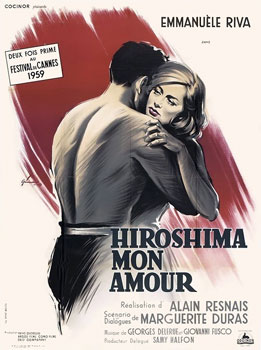When I was a first year teacher, there were some freshmen kids talking in the back of class. So I called out "Hey, John - could you and your cohorts keep it down back there?" To which one of his friends tentatively asked "Mr. Rideout, what's a cohort?" I handed him a dictionary silently and a few minutes later he looked up and asked "Why would you call us a tenth of a Roman Legion?"

A few years ago, Jan Freeman had an article in her newspaper column, The Word, on the word decimate. Her basic premise (one I agree with) is that English is a living language and the definitions of words evolve with the times and we can't get mired in the original intent of the word all the time. So she basically says, get over it, and allow everyone to use decimate to mean massive destruction rather than the more precise and antiquated "a loss of 1/10" (Apparently, the Romans would kill 1 in 10 soldiers in a mutinous legion). She cites William Safire's examples of honeymoon (it should last a month!) and journal (must be daily!) as additional evidence that english users should (and usually do) take a chill pill on the narrow use of decimate.
Here's a problem that she ignores: the prefix "deci" is enshrined in the metric system and those who are literate in modern science know and recognize that prefix to mean precisely "one tenth". So, I am holding out hope that decimate may be one of the few words to go from an old narrow definition to a broad, sweeping one and the back again to the narrow one.
I propose we redefine the word decimate to mean "a loss from every cohort." How's that for original intent?











 9:11 PM
9:11 PM












